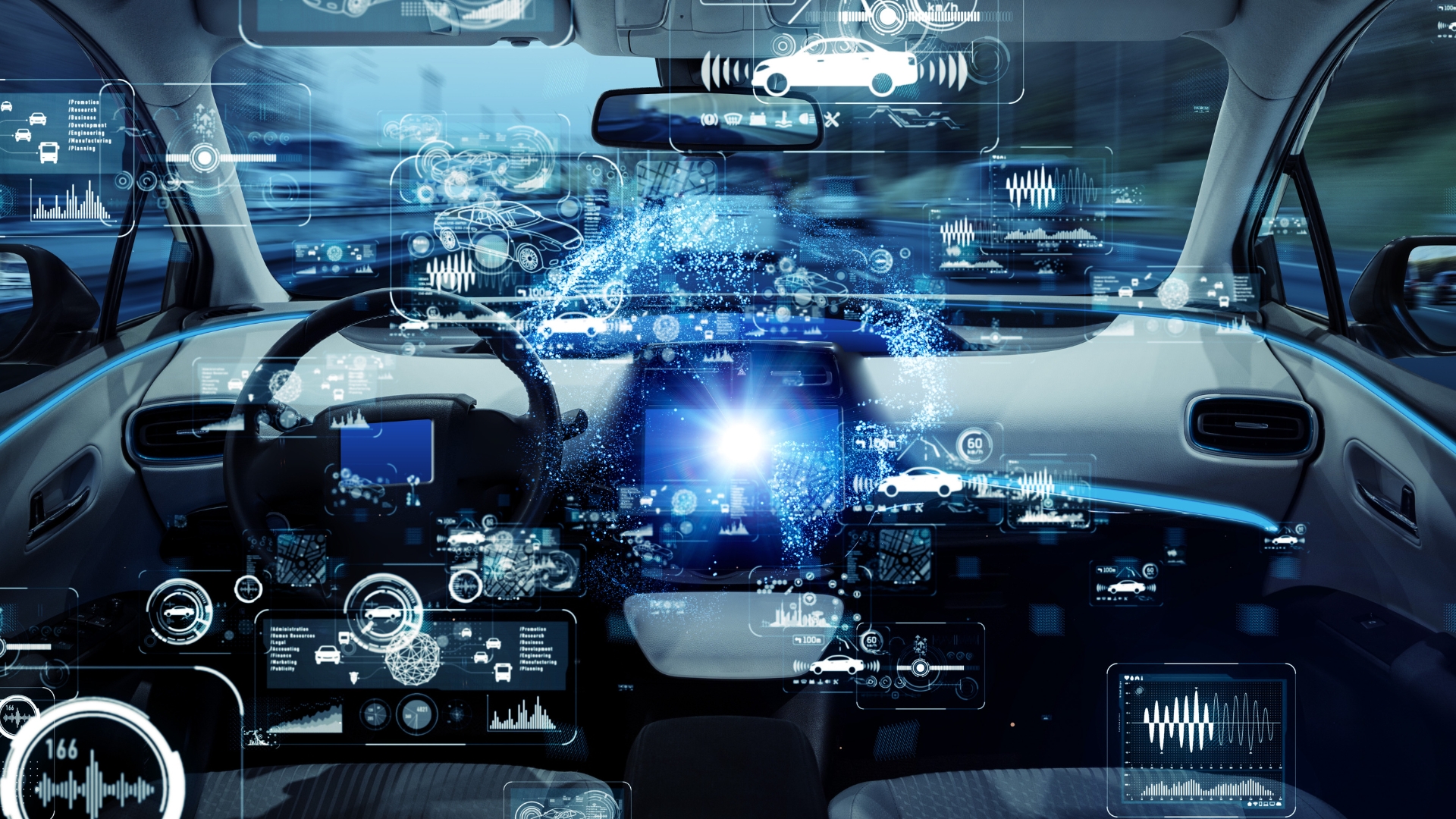
The rise of connected cars, powered by advancements in 5G and artificial intelligence (AI), is transforming the automotive industry in profound ways. As vehicles become smarter and more integrated with digital systems, car dealerships are adapting to new operational realities. 5G and AI are not only changing the driving experience but also reshaping how dealerships operate, interact with customers, and manage their business.
The Evolution of Connected Cars
Connected cars, equipped with internet access and a variety of sensors, are capable of communicating with other devices, infrastructure, and even other vehicles. This innovation is enabling features such as real-time navigation, autonomous driving, remote diagnostics, and enhanced safety features. With the introduction of 5G, these capabilities are expanding rapidly, offering faster data transmission and improved connectivity.
AI further enhances the functionality of connected cars by enabling predictive maintenance, personalized driver experiences, and advanced safety measures. As cars become increasingly autonomous, AI-driven technologies will play a critical role in how they interact with their surroundings.
How 5G and AI Are Changing Dealership Operations
Enhanced Customer Experience
For dealerships, the integration of 5G and AI into vehicles presents an opportunity to improve customer experiences. AI-powered systems can analyze data from connected cars to provide personalized recommendations based on driving habits, vehicle usage, and service needs. This allows dealerships to offer tailored services, maintenance reminders, and even upgrade suggestions that resonate with individual customers.
In addition, the use of 5G-enabled remote diagnostics allows dealerships to monitor the health of customers’ vehicles in real-time. This proactive approach helps identify potential issues before they become major problems, leading to faster repairs and higher customer satisfaction.
Streamlined Maintenance and Service
5G and AI are revolutionizing vehicle maintenance and service operations for dealerships. With real-time data streaming from connected cars, dealerships can perform predictive maintenance, ensuring that vehicles receive timely repairs before breakdowns occur. This reduces service downtimes, increases efficiency, and improves customer loyalty.
AI systems can also assist service technicians by diagnosing issues more accurately and recommending optimal repair solutions. This reduces human error, speeds up the repair process, and improves the overall quality of service provided to customers.
Remote Software Updates
As cars become more connected, software updates are increasingly managed remotely. Dealerships no longer need to physically upgrade a vehicle’s software—this can now be done over the air (OTA) using 5G networks. For customers, this means their vehicles always have the latest features and security patches without the need for a service appointment.
For dealerships, this shift means fewer in-person visits for software-related issues and more focus on higher-value services. It also helps build stronger customer relationships by providing a seamless, convenient experience that keeps their vehicles updated and running smoothly.
Inventory and Fleet Management
AI and 5G are also transforming dealership operations behind the scenes, particularly in inventory and fleet management. AI-powered algorithms can analyze sales data and market trends to optimize inventory levels, ensuring that dealerships stock the right vehicles at the right time. This reduces overstock and understock issues, improving profitability.
For dealerships that offer fleet services, connected cars enable more efficient fleet management. AI systems can track vehicle usage, monitor wear and tear, and predict when maintenance is needed, allowing dealerships to maximize the uptime and performance of their fleets.
The Role of 5G in Autonomous Vehicles
5G’s low latency and high data speeds are critical for the development and deployment of autonomous vehicles. As more automakers invest in self-driving technologies, dealerships will need to adapt to selling and servicing these vehicles. Autonomous cars rely on constant communication with their environment, including other vehicles, traffic signals, and infrastructure. 5G makes this communication possible in real-time, ensuring the safe and efficient operation of autonomous systems.
For dealerships, this shift will require new expertise in both sales and service. Technicians will need to be trained to handle advanced autonomous technologies, and sales teams will need to educate customers on the capabilities and benefits of autonomous driving.
Challenges and Opportunities
While the adoption of 5G and AI presents many opportunities for dealerships, it also comes with challenges. The need for specialized training and equipment to service connected and autonomous vehicles is significant. Dealerships must invest in new technologies and workforce training to stay competitive.
Additionally, the vast amount of data generated by connected cars raises concerns about data privacy and cybersecurity. Dealerships will need to implement robust security measures to protect customer data and prevent cyberattacks on connected vehicles.
On the flip side, the rise of connected cars powered by 5G and AI opens up new revenue streams for dealerships. From offering data-driven maintenance packages to selling enhanced connectivity services, dealerships can leverage this technology to grow their business and improve customer loyalty.
Conclusion
The integration of 5G and AI into connected cars is fundamentally changing how dealerships operate. From enhancing customer experiences to optimizing inventory and service operations, these technologies are transforming every aspect of the dealership business. While challenges remain, dealerships that embrace 5G and AI will be well-positioned to thrive in an increasingly connected automotive landscape. As the industry evolves, staying ahead of technological trends will be crucial for success in the digital age.